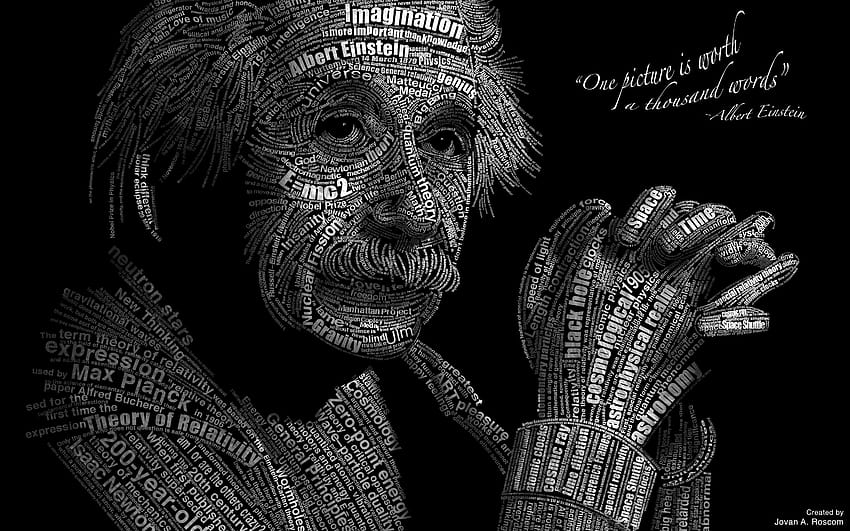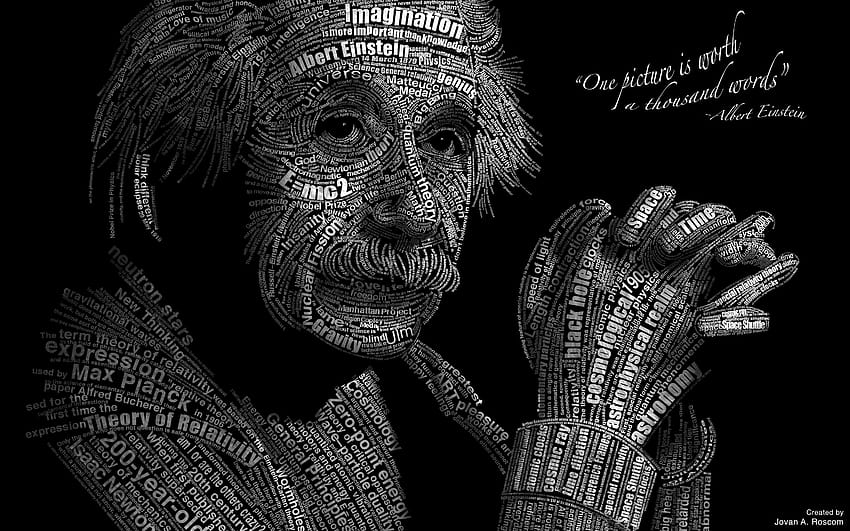1. **Economic Turmoil:**
**Post-World War I Conditions:
Germany was burdened by the harsh terms of the Treaty of Versailles, which imposed massive reparations and territorial losses. This led to economic hardship, inflation, and unemployment.
**Great Depression:
The global economic downturn in the 1930s hit Germany hard, exacerbating economic woes. Unemployment soared, reaching nearly 30%, creating widespread discontent among the population.
2. **Political Instability and Weaknesses of the Weimar Republic:
**Weak Governance:
The Weimar Republic faced challenges due to frequent changes in leadership, political violence, and an inability to effectively address economic issues.
**Proportional Representation System:
The Weimar Republic's electoral system allowed smaller parties like the Nazis to gain seats in the Reichstag, resulting in a fragmented political landscape that hindered effective governance.
3. **Propaganda and Charismatic Leadership:**
**Joseph Goebbels and Propaganda Machine:
Goebbels, the Nazi Party's Minister of Propaganda, masterminded the manipulation of media, employing powerful propaganda techniques through radio, newspapers, rallies, and films to spread Nazi ideology.
**Hitler's Charisma and Rhetoric:
Hitler's compelling speeches, promises of national revival, scapegoating of minorities for Germany's problems, and portrayal of himself as a savior resonated with many disillusioned Germans seeking hope and change.
4. **Social Unrest and Fear:**
**Fear of Communism:
Amidst social unrest and clashes between Nazis and Communists, many Germans feared the spread of communism. The Nazis capitalized on this fear, presenting themselves as the defenders of order and stability.
Desire for Strong Leadership: The chaotic and unstable political climate led to a longing for a strong leader who could restore Germany's prestige and bring stability.
5. **Support from Elites and Political Maneuvering:
**Underestimation by Elites:
Initially, conservative elites saw Hitler as a means to maintain their influence. They believed they could control him once he was in power, but this backfired as Hitler swiftly consolidated control.
**Enabling Act and Seizure of Power:
The Nazis' alliance with other parties and the passage of the Enabling Act in 1933 granted Hitler dictatorial powers, allowing the Nazis to dismantle democratic institutions and eliminate opposition.
These combined factors, ranging from economic hardships and political instability to effective propaganda and Hitler's charisma, created an environment ripe for Hitler's rise to power. The Nazis exploited these circumstances to establish a totalitarian regime, leading to one of the darkest periods in history, marked by repression, terror, and eventually, the devastation of World War II.


.jpg)
